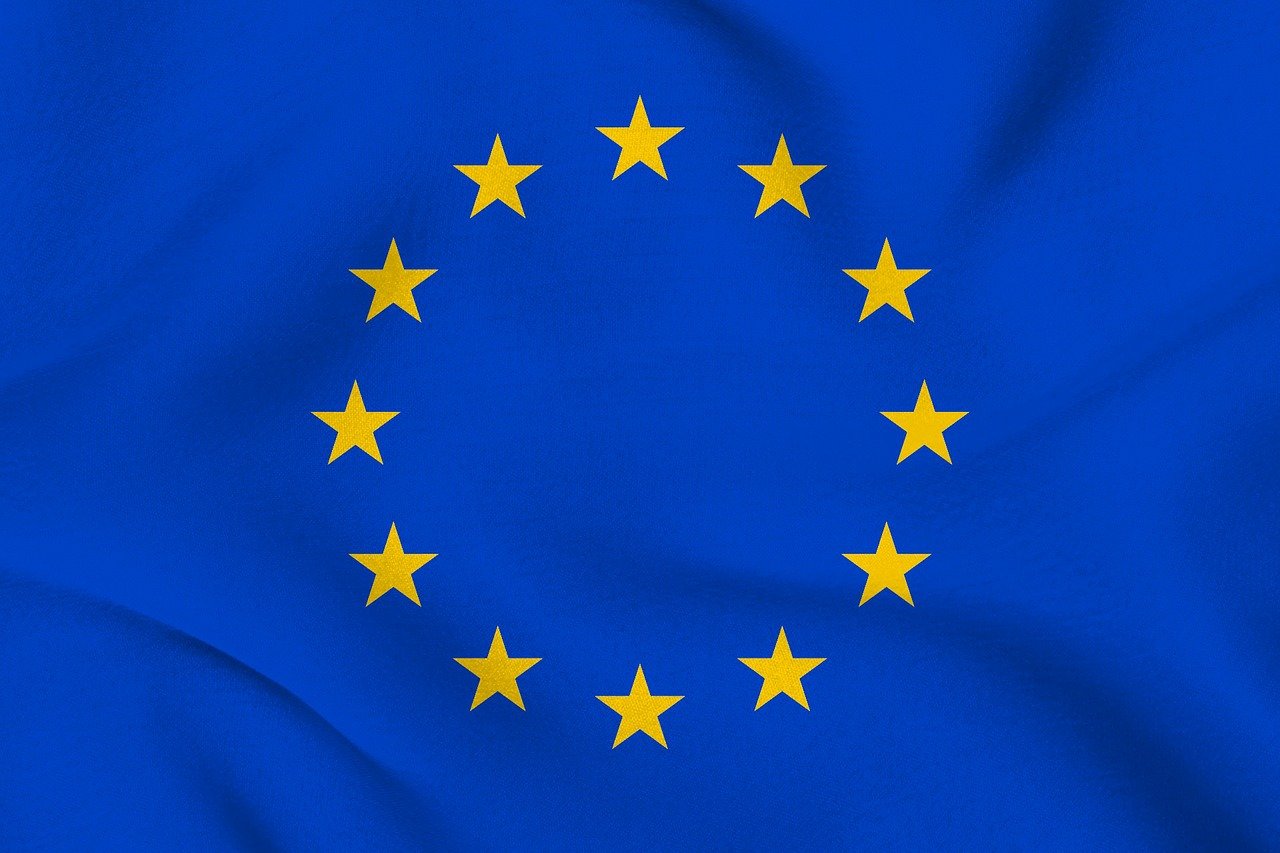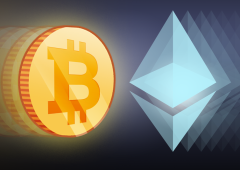Kraken and Crypto.com Move to Launch Stablecoins as EU Tightens Regulations
22.02.2025 17:00 2 min. read Alexander Stefanov
As Europe tightens regulations on stablecoins, major crypto exchanges Kraken and Crypto.com are developing their own digital assets to navigate the new legal landscape.
The EU’s Markets in Crypto-Assets (MiCA) framework, which took effect in January, imposes strict oversight on stablecoin issuers, making compliance essential for continued operations.
MiCA requires stablecoins—now classified as e-money or asset-referenced tokens—to be fully backed by liquid reserves and authorized by an EU regulator. As a result, non-compliant assets like Tether’s USDT and PayPal’s PYUSD have been delisted from many European platforms. By March 2025, exchanges must remove all unauthorized stablecoins, prompting issuers to either adapt or withdraw.
Rather than relying on third-party issuers facing regulatory uncertainty, Kraken and Crypto.com are moving to issue their own compliant stablecoins. Kraken plans to introduce a dollar-backed token through its Irish subsidiary, while Crypto.com—fresh off securing a MiCA license in Malta—is working on a similar project, though specifics remain undisclosed.
The shift reflects a broader effort to ensure regulatory stability as MiCA reshapes the industry. Some issuers, like Circle, are adjusting to the new framework, while others, including Tether, have yet to secure approvals. Meanwhile, crypto platforms are positioning themselves for compliance, with KuCoin recently applying for a MiCA license in Austria.
As European regulators enforce tighter control, exchanges are taking proactive steps to maintain their foothold in the region, signaling a major shift in how stablecoins will operate under MiCA’s influence.
-
1
Tether’s Hypothetical IPO Could Value It Above Coca-Cola, CEO Suggests
10.06.2025 11:00 1 min. read -
2
UK Regulators Unveil PISCES – A New Era for Private Share Trading
11.06.2025 15:00 2 min. read -
3
Trump Turns 79 With Billions in Crypto and a $45M Parade
14.06.2025 22:00 2 min. read -
4
Polygon Breaks from Decentralization as Sandeep Nailwal Assumes Full Control
11.06.2025 20:00 2 min. read -
5
KuCoin Plants Its Flag in Bangkok With a Licensed Thai Exchange
14.06.2025 13:00 1 min. read
History Shows War Panic Selling Hurts Crypto Traders
Geopolitical conflict rattles markets, but history shows panic selling crypto in response is usually the wrong move.
At Least Five Law Firms Target Former Strategy Over Misleading BTC Risk Disclosures
Bitcoin-focused investment firm Strategy Inc. (formerly MicroStrategy) is facing mounting legal pressure as at least five law firms have filed class-action lawsuits over the company’s $6 billion in unrealized Bitcoin losses.
SoFi Returns to Crypto with Trading, Staking, and Blockchain Transfers
Digital banking platform SoFi Technologies is making a strong return to the cryptocurrency space, relaunching its crypto trading and blockchain services after stepping away from the sector in late 2023.
Chinese Tech Firms Turn to Crypto for Treasury Diversification
Digital assets are gaining ground in corporate finance strategies, as more publicly traded companies embrace cryptocurrencies for treasury diversification.
-
1
Tether’s Hypothetical IPO Could Value It Above Coca-Cola, CEO Suggests
10.06.2025 11:00 1 min. read -
2
UK Regulators Unveil PISCES – A New Era for Private Share Trading
11.06.2025 15:00 2 min. read -
3
Trump Turns 79 With Billions in Crypto and a $45M Parade
14.06.2025 22:00 2 min. read -
4
Polygon Breaks from Decentralization as Sandeep Nailwal Assumes Full Control
11.06.2025 20:00 2 min. read -
5
KuCoin Plants Its Flag in Bangkok With a Licensed Thai Exchange
14.06.2025 13:00 1 min. read


